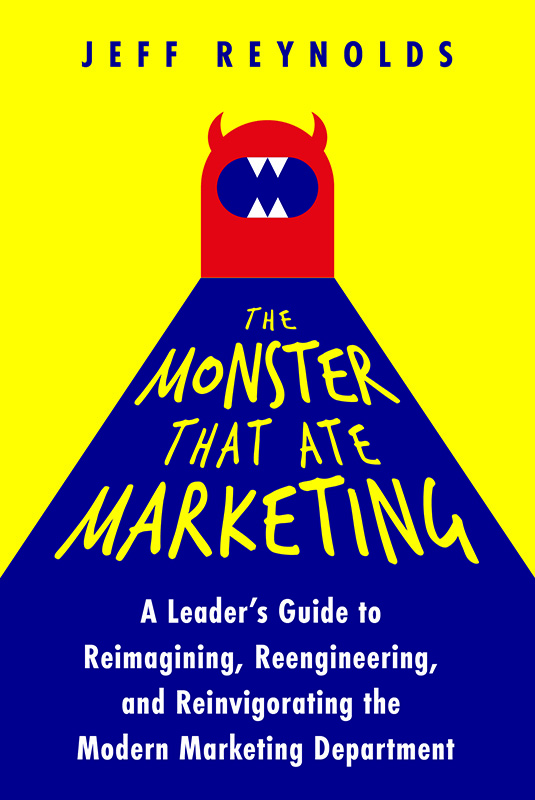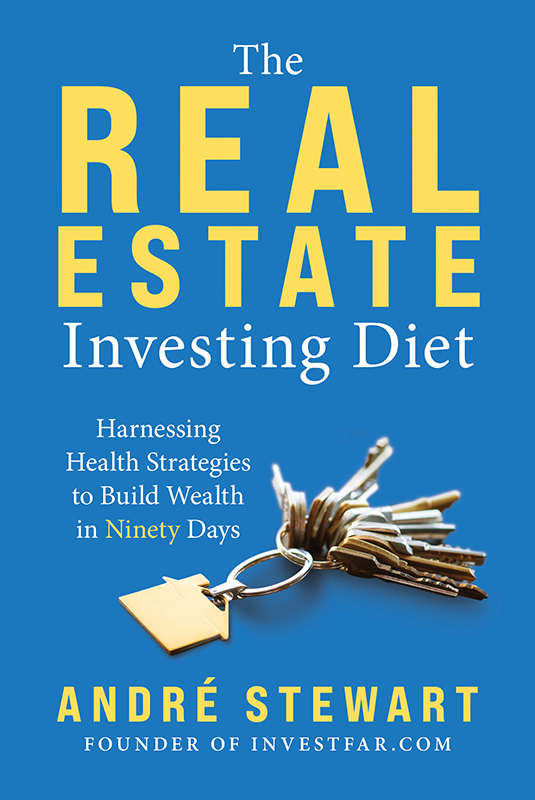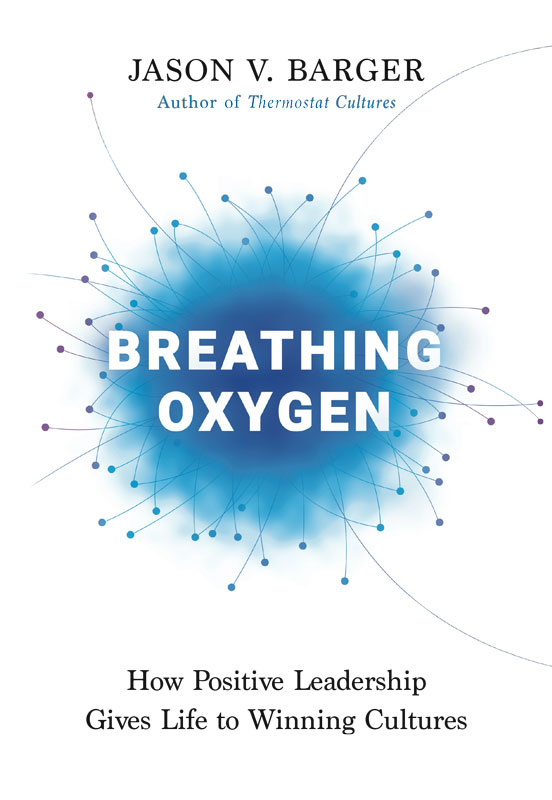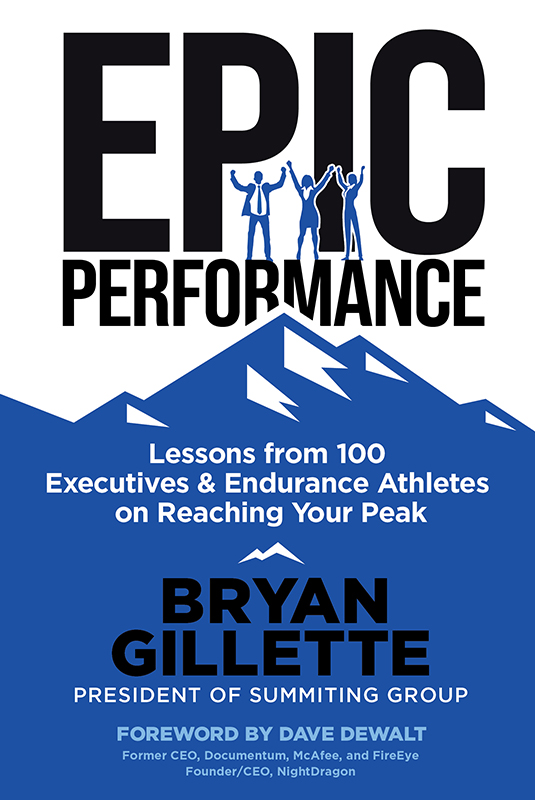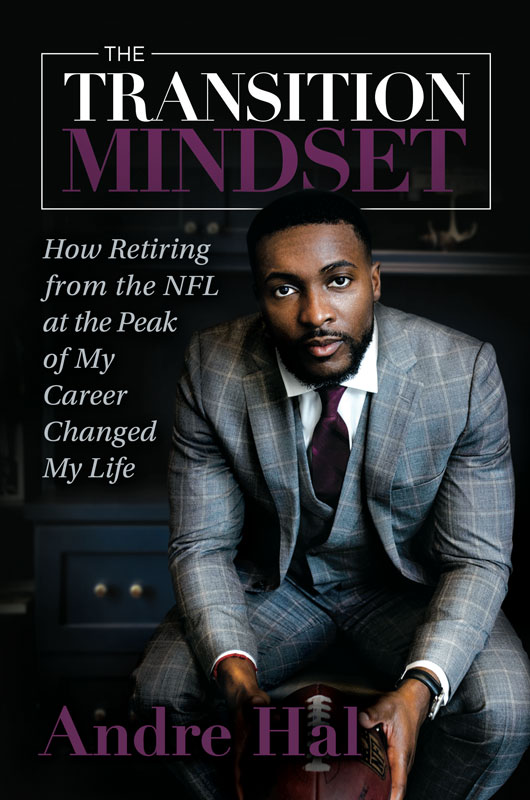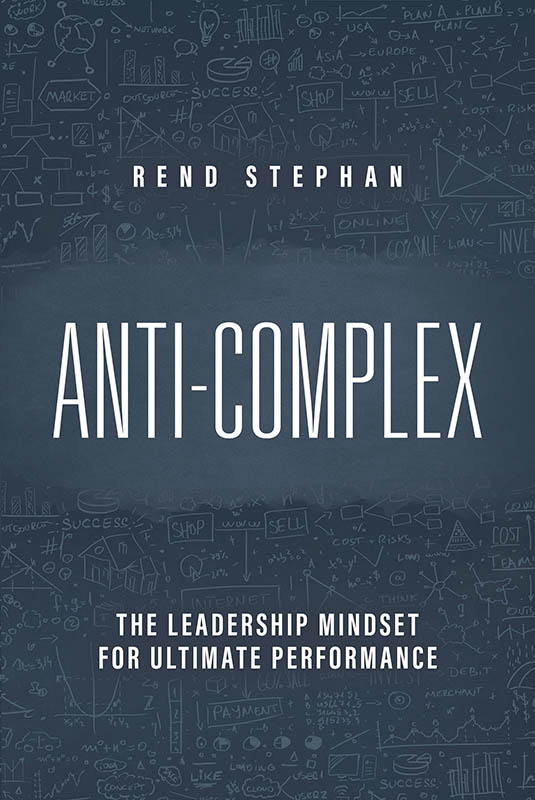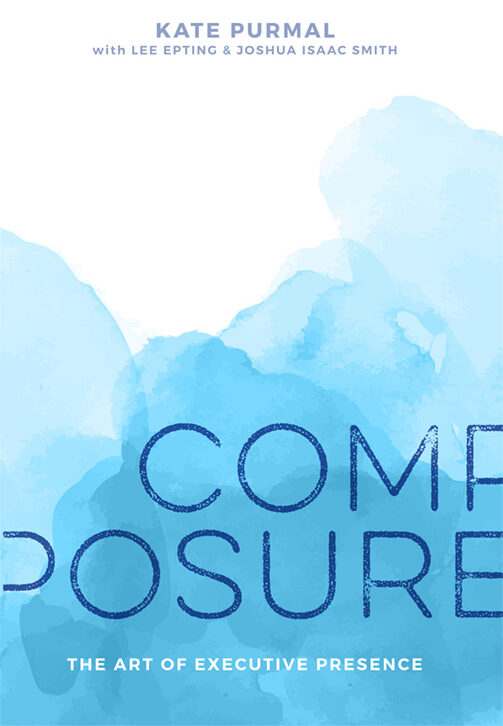August 2022 New Releases
(Posted on Tuesday, August 2, 2022)
The newest releases from Amplify Publishing are available today in our bookstore. Whether it is a little tongue-in-cheek humor to help leaders reinvent marketing, tips on how to invest in real estate, or positive leadership methods, this month’s books are ready to help you become the best version of yourself.
February Featured Title: Chemo Muscles
(Posted on Wednesday, February 26, 2020)
“We will all encounter difficult things in our life, adversity and trauma. We never know what life has in store for each of us. Being resilient means coping the best way you can when life throws you curve balls. It means figuring out a way to get out of bed by putting one foot in front of the next. It also means trying to feel gratitude that your situation is not any worse, because you can always find worse. Resiliency is about mustering our inner strength and resources, and channeling our human spirit.”
Our February featured title is Chemo Muscles: Lessons Learned from a Psycho-Oncologist and Cancer Patient by Dr. Renee A. Exelbert. Renee answered our questions about her inspiration behind the book, her advice to cancer patients and their friends and family, and her plans for the future!

1.) What inspired you to write Chemo Muscles and share your experience with others?
I was dealing with so many emotions throughout my journey with breast cancer. I believed that I could offer a very unique perspective, as I was privy to having worked professionally as a psycho-oncologist with cancer patients, and knowledgeable about a great deal of coping resources relevant to adjusting to cancer. I also felt that there was a lack of resources that addressed the visceral, emotional experiences of someone walking the path of cancer. My book was the book I wish had existed when I was diagnosed.
2.) As a psycho-oncologist, an Adjunct Professor of Psychology, and a certified personal trainer, you offer readers your unique and professional expertise throughout the book. From a professional standpoint, what do you hope readers who may be going through a similar experience take away from Chemo Muscles?
I hope that readers learn many things, but I want to emphasize that this book is not just for individuals with cancer. There is a plethora of useful information for individuals who are supporting someone with cancer, as well as information for all healthcare providers. I hope that patients learn that they have a choice in their healthcare, and that they should exercise this power wisely, because their relationship with their healthcare team can actually impact their survival rate. I hope individuals with cancer learn that there are important coping techniques that can facilitate their adjustment to cancer, such as the use of humor, gratitude, social support, positive cognitions, touch, visual imagery, diet and exercise, amongst others. I also hope individuals with cancer can learn to advocate for themselves, and in turn, feel a greater sense of empowerment and control over their illness.
I hope that individuals supporting someone with cancer learn how to offer assistance that is concrete and directive, and better suited for someone who is already feeling disconnected and no longer comfortable asking for more help. I hope that these same individuals can learn ways that they may be inadvertently disempowering their friend or loved one, and to try to steer clear of these common pitfalls. I hope that healthcare providers can understand the gravity of their words and actions and can learn ways to better treat the patient with dignity and respect. These include, but are not limited to, behaviors like paying attention to their non-verbal cues, delivering important test results in a timely manner, being aware of trauma research, and seeing the patient as a whole person rather than a diagnosis. Additionally, ethical questions are posed for healthcare providers who are struggling themselves with illness, such as whether they have the responsibility to disclose their diagnosis to their patients.
3.) While you do offer readers your professional expertise, you also offer your raw, emotional, and personal experience. As a patient, a mother, and a survivor, what do you hope readers will take away?
I hope that readers will better understand the emotional journey of someone coping with cancer—their fears, their insecurities, their identity fluctuations, their need to maintain some sense of self and control. I am hoping that they learn that not everyone with a cancer diagnosis experiences the same things, and that there is not a “one size fits all” for how people cope.
I was one hundred percent candid with my emotions in this book, and I held nothing back. I hope that this elicits greater understanding from both loved ones of someone coping with cancer and healthcare providers treating individuals with illness. I hope that readers will understand what it must be like to have to speak to one’s own children about a cancer diagnosis, and how support or lack thereof from friends and family members can impact the cancer experience dramatically. I also hope that individuals with cancer will know that their feelings are valid and respected. By making myself vulnerable, I have allowed others to see how much I struggled, and that it is possible to grow from trauma and go on to live a good life.
4.) As you became more and more involved in your fitness journey, you realized that you were “regaining control of your body”. How can disciplined diet and exercise help those recovering from trauma?
Beyond my personal experience with feeling tremendously helped and empowered through diet and exercise, there is much research corroborating the positive effects of both. Disciplined diet and exercise can dramatically help those recovering from trauma. Exercise reduces your risk of many diseases, including cancer (women who exercise regularly can expect a 20% to 30% reduction in the chance of getting breast cancer compared to those women who did not exercise). Exercise also reduces the risk of breast cancer recurrence and can even help people with cancer live longer.
On a psychological level, exercise improves self-esteem, cognitive functioning and body image. Exercise has also been shown to be an effective adjunctive treatment for post-traumatic stress disorder. A reduction of trauma symptoms occurs through a renewed sense of determination and hope, increased quality of life, and the cultivation of positive self-identity. Exercise can make individuals feel like they are active agents on their environment. I believe there is no greater way to feel in control of yourself and your body than to do a push-up. You are literally holding yourself up in the world. Metaphorically, when life pushes you down through trauma and adversity, you can push yourself back up.
In terms of our health, diet plays an extremely important role. In particular, the growth of cancer has been proven to be heavily impacted by diet, such as the evidence that sugar feeds tumors. Getting certain nutrients through eating whole and non-processed foods can help block tumors. One important fact is that many people who have cancer feel out of sync with their body. For me, I looked healthy and never felt sick, but the experience inside my body was harboring a different reality. As such, I felt as though my body had betrayed me. Diet and exercise were the two places where I could exert total control, and my body would listen. I would do chest flyes and see my pectoral muscles grow. I would consume protein, and see my body follow with the growth and development of muscle. Every time I lifted weights, I felt strong and healthy. Every time I grew muscle, I felt further and further away from being sick. And every time I ate healthy foods that I knew nourished me and were thought to have antioxidants that fought free radicals, I felt like I was taking an active role in keeping my cancer at bay and staying healthy. It was a science that was pure and concrete—cancer had taken that synchronicity away from me, but diet and exercise brought it back.
5.) At the end of the book, you write a beautiful passage comparing trauma and the human experience to the kaleidoscope:
“What we see in the kaleidoscope is that when the contents settle, we are exposed to something new and beautiful—new constellations of colors, new arrangements. The hope is that after a life trauma we can be resilient. However, not only be resilient, but experience new meaning and growth—a new way of seeing things; and increased perspective.”
What does it mean to you to be resilient? What advice would you have for readers who are fearful of the unknown and life after trauma?
We will all encounter difficult things in our life, adversity and trauma. We never know what life has in store for each of us. Being resilient means coping the best way you can when life throws you curve balls. It means figuring out a way to get out of bed by putting one foot in front of the next. It also means trying to feel gratitude that your situation is not any worse, because you can always find worse. Resiliency is about mustering our inner strength and resources, and channeling our human spirit. It is about maintaining a sense of faith in ourselves, in those around us, and in the universe. Humans are bound by our common joys and pain. Reaching out to others who have experienced trauma can also help us not feel alone. Resilience is about knowing that we are imperfect, and that our scars and bruises are things we should wear with pride. They are badges of honor and serve as symbols of the obstacles we endured and persevered through. These scars deepen us and help us grow into more developed people. Resiliency is also about learning from your pain, and figuring out if there are any gifts that you received from this pain. For individuals who are fearful of the unknown, I would say that we are all fearful of the unknown. We are all frightened to have bad things happen to us or someone we love. However, we must know that the best predictor of our future behavior, is our past behavior. We must look at other difficult experiences we have survived, and trust that we can get through this next difficult scenario as well.
6.) What is next for Dr. Exelbert? Any more books on the horizon?
I will be promoting Chemo Muscles: Lessons Learned from Being a Psycho-Oncologist and Cancer Patient for some time. I will also continue to lecture on topics related to mind-body. I have caught the “writing bug,” and cannot wait to get started on my next book. Stay tuned….
Renee was recently featured on Thrive Global, IdeaMensch, and the Suburban Folk podcast!
To learn more about Renee, visit www.drexelbert.com, or follow Renee on Twitter, Instagram, and LinkedIn. Renee will be having a special book signing event at Book Revue on March 4, 2020. To RSVP, click here.
March 2019 Featured Title: Line Change
(Posted on Thursday, March 7, 2019)
By Emily Evans-Miller
Every month we feature a title we think really shines. This month’s featured title is Line Change by Matt Brown with Todd Civin, releasing March 12th!
Why We Love It
Life can change in an instant—and no one knows that better than Matt Brown. His incredible story of courage, resilience, and overcoming adversity is a kind of inspiration we all need. Despite no longer being able to play the sport, Matt is still a die-hard hockey fan and took some time to share with us what the brotherhood of hockey means to him.
The Unofficial Fraternity of Hockey
By Matt Brown and Todd Civin
On January 23, 2010, my life changed immeasurably when I hit the boards head-first while chasing a loose puck during a high school hockey game. Nothing could be more terrifying than lying face down on the frozen surface beneath me without the ability to move a muscle. My brain attempted frantically to communicate with my arms, my torso, and my legs, urging me to get up and get back into the play, but my body would simply not respond. The message was sent loud and clear, but nothing was received. How could it be that the sport that I had befriended as a child and grew to love more than life itself had betrayed me? Hockey whisked my skates right out from under me and left me motionless and cold on the ice below my red, raw cheek.
In retrospect, however, hockey didn’t desert me at all but came through with the same flying colors that it always had. The sport and everything it stands for provided me with a love and support strong enough to get me through the darkest days of my long recovery. The hockey fraternity, as I’ve come to call it, is vastly different than any non-hockey player could ever imagine. It brings a tighter bond and a much stronger level of camaraderie than you find in other sports. There are several reasons for this.
From a young age, hockey players get accustomed to waking in the early hours of the morning to attend practices and pre-dawn games. Young players must be crazy to commit to a sport that forces them to leave the warmth of their bed in the middle of the night in exchange for a below-freezing-temperature hockey rink. Yet without giving it a second thought, each player performs this routine morning-in and morning-out, all for the love of the game. Every teammate in the locker room is dealing with the same difficult circumstances and so a unique bond is formed. That bond stretches, not just through their team, league, or region, but also circles the globe at all levels. From mites and midgets to juniors, Olympians, and professionals, each player who laces up skates has had the same experience.
You learn to love the early morning wakeups and grow to love every one of those teammates. Add to the experience the frequent breakfast get-togethers at little holes in the wall on the way to tournament games and the closeness formed by sharing a bus seat on the road to random towns along the way. Playing four or five games together over a three-day span can be exhausting, but you learn to lean on each other to get through it. And when you’re younger, running around the hotel with each other and pushing the rules a little too far helps to grow that bond.
I was extremely lucky that almost immediately after my injury, brothers of the fraternity rallied around me. I received messages from all over, letting me know that individual players, teams, and leagues were behind me and eager to support me throughout everything. I even got a message from the Greek National team, offering their support. I received a jersey from Bruin’s forward, Patrice Bergeron and along with it a handwritten note. Patrice had suffered a terrible concussion a few years earlier and let me know how important it was for me to be patient and stay positive. It meant so much to me that he took time out of his busy schedule to think of me as a virtual teammate in the sport we both loved. Those words meant so much to help me get through each day.
When I arrived at the Shepherd Center in Atlanta for my rehabilitation, the Thrashers were in their final season in Atlanta and were playing my hometown Bruins. The night before the game, Patrice made his way over to the hospital to say hello and to hang out for about an hour. He brought a duffel bag filled with goodies from Boston, including sweatshirts, videos of old time Bruins highlights, and a bowl of clam chowder. Through our friendship, I met many more Bruins players each time I attended a game. It was extremely apparent how they genuinely cared and supported me.
I became very close with Bruins defenseman Andrew Ference. My relationship with Ference has grown into that of older brother/younger brother. During the 2013 Bruins Stanley Cup playoff run, the team would elect a player of the game in the locker room following each win and would hold a press conference with the media. It’s a custom across the NHL during the playoffs to present a player of the game memento. Some are sticks, some are hats and some are jackets commemorating the player’s heroics for that game. During the Bruins run in 2013, they were passing around an army jacket given to the team by Army Ranger Lucas Carr. The jacket representing bravery, strength and commitment. Unfortunately, the Bruins lost to the Chicago Blackhawks in the Stanley Cup finals that year. After the series, Ference became a free agent and signed with the Edmonton Oilers. The day before he left Boston, he swung by my house to say goodbye, and he brought that Ranger jacket with him. He told me, “You represent everything this jacket stands for and it deserves to stay with you.” My jaw hit the floor. I was speechless but honored. The jacket hangs proudly in my room today.
Now, nine years after my injury, the hockey community continues to support me. Many teams continue to donate to my cause via fundraisers and hockey nights in their towns. Players at all levels continue to reach out and ask how I’ve been doing and assure me they are still rooting for me. My brothers still care.
Having professional players in my corner really boosts the spirits. They are all so genuine when they approach my family and are truly interested in hearing how I am doing. Growing up, I would have laughed upon hearing my name mentioned in the same breath as these guys, but I look at many of them as friends now and for that I am forever grateful.
In return, I hope I can give back to those who play the game in the form of a sense of inspiration. I hope they see me and understand that they should go out there and play every shift as hard as possible and at 100%. Because you never know when the game might be taken from you, and the last thing you want to do is look back on the game you love with any regrets.
About Matt Brown

Matt Brown of Norwood, Massachusetts, is now nearly nine years removed from the incidental contact that changed his life. He is currently attending graduate school at his alma mater Stonehill College, with aspirations to launch a career that revolves around sports. His love for the game of hockey has never waned, and he remains a die-hard Bruins fan and an esteemed member of the informal hockey fraternity. Matt delivers inspirational public speaking performances to schools and civic organizations around the country. He and the Brown family are on the cusp of launching the Matt Brown Foundation, a 501c(3) nonprofit organization that aims to financially and emotionally assist those impacted by neck and spinal cord injuries.
Find Matt on Twitter and Instagram.
About Todd Civin

Todd Civin is the founder and owner of Civin Media Relations (CMR), a self-publishing company that focuses primarily on stories by and about people with physical or emotional differences in an effort to share their stories with the world. Todd has written six biographies and eight children’s books to date and is proud to add Line Change to his growing resume.
Connect with Todd on Twitter and Instagram.
Check out some of our other titles releasing in March!



620 Herndon Parkway, Suite 220|
Herndon, Virginia 20170
|
Phone: 703-437-3584|
Fax: 703-437-3554|
info@amplifypublishing.com
All rights reserved.
